Flooding headspace to gain consensus.
– – –
China is getting better at influencing media outside China
by Lily Kuo
Source – Quartz, published October 22, 2013
China doesn’t just exert heavy control over state media; its influence over media outlets outside China is expanding, according to a new report by Freedom House.
For the past three years, the government has been investing millions of dollars in a global soft-power push. State newspaper China Daily publishes inserts of its English edition in major Western papers from the Washington Post to the New York Times. China’s Central Television, or CCTV, has hired dozens of experienced reporters from the US for its Washington bureau and rivals other foreign operations like Al-Jazeera America.
According to the report, China is also doing things like offering free editorial content to Latin American, African and Asian news organizations that can’t afford to send correspondents to China. It’s also subtly exerting influence over Chinese-language media in Taiwan, Hong Kong, and Chinese diaspora communities.
China has donated aid money, for example, to state-run media in Africa and Latin America and flown their journalists to China for training. Left-leaning countries like Bolivia and Venezuela have also bought communications satellites (pdf, p. 20) from China. In Southeast Asia, governments with close diplomatic ties to Beijing, like Vietnam and Cambodia, appear to be pressuring their media to let up on criticism of China.
Please click here to read the entire article at Quartz.
Read the rest of this entry »
Filed under: Beijing Consensus, Charm Offensive, China Dream, Chinese Model, Communications, Culture, Education, Entertainment, Government & Policy, Ideology, Influence, International Relations, Mapping Feelings, Media, Modernisation, Peaceful Development, Public Diplomacy, Reform, Strategy, Tao Guang Yang Hui (韬光养晦), The Chinese Identity, The construction of Chinese and Non-Chinese identities, U.S.






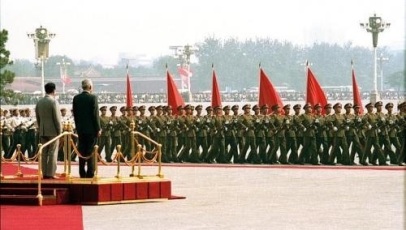
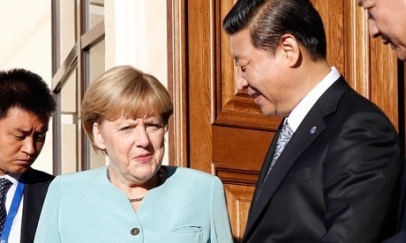
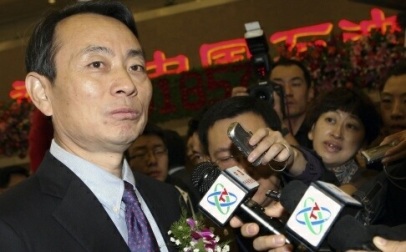




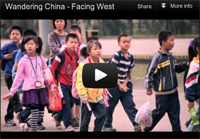

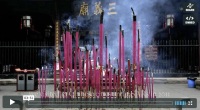



The Sharing Circle